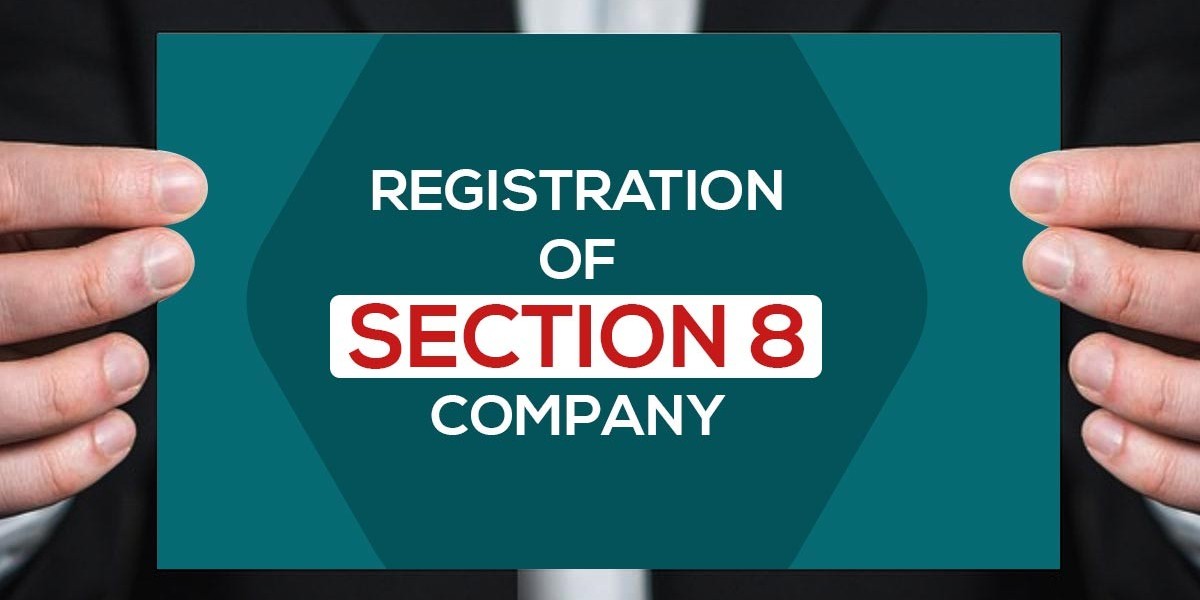Starting a non-profit or NGO in India comes with an important decision: choosing the right legal structure. Two of the most popular options are Section 8 Company registration and Trust registration. Each has its own advantages, compliance requirements, and ideal use cases.
In this article, we will compare Section 8 Company registration vs Trust registration in detail—so you can make an informed choice aligned with your mission, funding goals, and governance structure.
What is a Section 8 Company?
A Section 8 Company is a non-profit organization registered under Section 8 of the Companies Act, 2013. It is formed for promoting charity, education, science, sports, environment protection, social welfare, or other similar objectives.
Key features:
Registered with Ministry of Corporate Affairs (MCA)
Requires at least 2 directors and 2 shareholders
Profits must be used only for the objectives
No dividend is allowed to its members
What is a Trust?
A Trust is formed under the Indian Trusts Act, 1882 (for private trusts) or under respective State Trust Acts (for public charitable trusts). It involves a settlor, trustees, and beneficiaries, where trustees manage the property or assets for charitable purposes.
Key features:
Registered with the local sub-registrar office
Minimum 2 trustees (can vary)
Easier to form, lower compliance
Common for religious and charitable activities
Section 8 Company Registration vs Trust Registration: Detailed Comparison
| Criteria | Section 8 Company | Trust Registration |
|---|---|---|
| Governing Law | Companies Act, 2013 | Indian Trusts Act or State Trust Acts |
| Registration Authority | MCA (Central Government) | Local Sub-Registrar |
| Minimum Members Required | 2 Directors and 2 Shareholders | 2 Trustees (can vary by state) |
| Name Suffix | No use of "Ltd" or "Pvt Ltd" | No naming restriction |
| Formation Process | Online through MCA portal | Offline, deed executed on stamp paper |
| Compliance & Reporting | High – Annual ROC filing, audits mandatory | Low – Basic maintenance, depending on income |
| Funding Credibility | High – Preferred by donors, CSR partners | Moderate – May raise credibility concerns |
| Foreign Funding (FCRA) | Eligible after 3 years (with proper filing) | Eligible, but may face higher scrutiny |
| Amendments | Needs MCA approval | Easier – done via trust deed amendment |
| Tax Exemptions | Eligible for 12A, 80G, CSR | Eligible, but process can vary |
| Recommended For | Startups, CSR-funded NGOs, social ventures | Religious, local, or informal charitable groups |
Which One Should You Choose?
Choosing between Section 8 Company registration vs Trust registration depends on your vision, scale, and the stakeholders involved.
Choose Section 8 Company if:
You plan to raise CSR funds or international grants.
You need a structured governance model.
You are working at a national or international level.
You want higher compliance and credibility for corporate tie-ups.
Choose Trust registration if:
You want a quicker, low-cost setup.
You are operating locally or within one state.
Your founders prefer fewer legal formalities.
You’re involved in religious, spiritual, or legacy philanthropy.
Documents Required
For Section 8 Company Registration:
Director PAN & Aadhaar
Passport-size photos
Electricity bill/Address proof
MOA & AOA (drafted during process)
Digital Signature Certificate (DSC)
Director Identification Number (DIN)
For Trust Registration:
Trust Deed (on stamp paper)
ID/address proof of settlor and trustees
Photographs of all trustees
Address proof of registered office
Final Thoughts: Section 8 Company Registration vs Trust Registration
Both Section 8 Companies and Trusts serve charitable causes, but their structure, credibility, and compliance levels are very different. If you're aiming to build a long-term, donor-friendly, scalable organization, Section 8 Company registration is a more robust and credible path. If your goals are small-scale and informal, Trust registration can be a simpler alternative.
Evaluate your funding sources, operational scale, and governance preferences before choosing.
Need Expert Help?
At Taxlegit, we help you choose the right structure, complete your Section 8 Company registration or Trust registration, and ensure smooth 12A/80G application, CSR eligibility, and compliance support.







